Keywords: Margaret Dooley
-
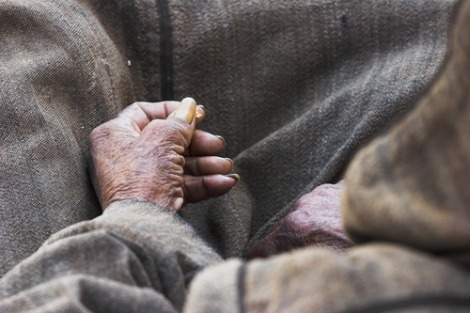
AUSTRALIA
- Megan Graham
- 16 October 2013
10 Comments
Christian activist and author Shane Claiborne wrote that the real tragedy of poverty is not that we do not care about the poor, but that we do not know the poor. As my memories of particular brushes with people living in poverty fade, feelings of empathy begin to lose their potency; a natural attrition when their reality, so distant from my own, is so lost among the 'First World Problems' of my inner city life.
READ MORE 
-
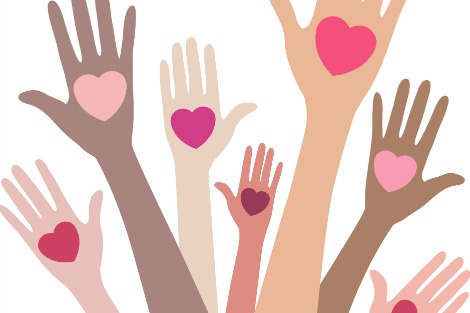
MARGARET DOOLEY AWARD
- Alice Johnson
- 09 October 2013
3 Comments
In a contemporary society where the focus lies amid a whirlpool of egocentricity, self-gain and self-improvement, one must question where the true motive for giving service lies. While the 'ethic of duty' is the ethic of the social gospel movements, Kant believed religion was only valuable because it caused one to lead a good moral life. Thus it is possible to argue that the habit of giving true service lies in the 'ethic of love'.
READ MORE 
-
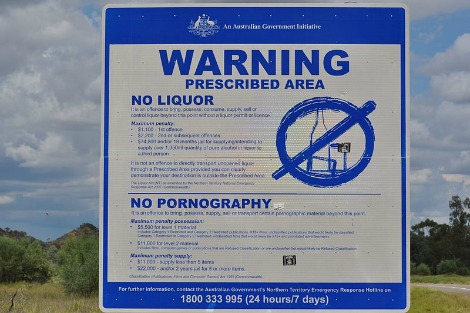
MARGARET DOOLEY AWARD
- Callum Denness
- 25 September 2013
3 Comments
Following the abuse received by Adam Goodes from a teenage spectator in the AFL's Indigenous round, and the subsequent remarks made by Eddie McGuire, the country became embroiled in a debate about racism in modern Australia. Meanwhile, the Northern Territory introduced its Mandatory Alcohol Treatment Bill which, if passed, will see more Aboriginal people incarcerated. We were too busy describing the modern face of racism to notice.
READ MORE 
-
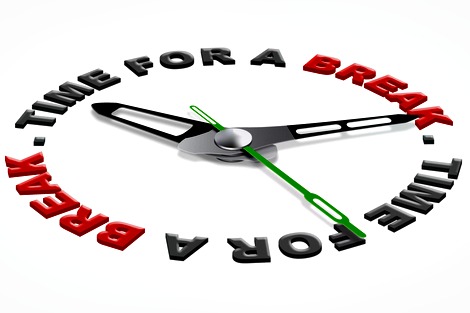
MARGARET DOOLEY AWARD
- Megan Graham
- 11 September 2013
6 Comments
At a certain point, emotional and mental overstimulation leads to a sort of emotional numbness, as the brain and central nervous system can only respond to so much. With enough dopamine hits from 'likes' on Facebook, and adrenalin spikes from sensationalised news stories, one's emotions can become blunted. That is, with the notable exception of general irritability borne of expecting one's real life to be as fast-paced as one's online one.
READ MORE 
-

AUSTRALIA
- Nadine Rabah
- 28 August 2013
10 Comments
In ten days I will cast a vote for the first time. I must admit that - unlike many teenagers my age - I do take an interest in political affairs. I know how parliament works and occasionally watch political shows on the ABC. My brother has told me that this is 'really sad'. Voting will be better than receiving a fine in the mail from the Australian Electoral Commission.
READ MORE 
-

INTERNATIONAL
- Evan Ellis
- 27 August 2013
5 Comments
In some ways the intense focus on chemical weapons and red lines is diversionary. Enough blood has been spilt to paint a thousand red lines. 100,000+ people have been killed already. Is it somehow easier on the International Community’s conscience to think of families being ripped apart by artillery shells than dying from chemical warfare?
READ MORE 
-

AUSTRALIA
- Evan Ellis
- 16 August 2013
1 Comment
We might get lucky. Malcolm Turnbull might be right, and the mass of egos, grievances and interests that make up US-Sino relations might 'evolve into a new order, without either side having to make concessions to the other'. But the risks are growing. In this context the framing of asylum seekers as a threat to our sovereignty seems plain silly. War between China and the US would be a disaster to our national interests.
READ MORE 
-

INTERNATIONAL
President Mohamed Morsi did not govern particularly well. Egypt's rating on the Failed State Index has slipped from 45 to 34 since the fall of Mubarak. But the truth is that this crisis was not merely 12 months in the making, and Egypt's democracy was merely grafted on to a structure in which the military was the real power.
READ MORE 
-
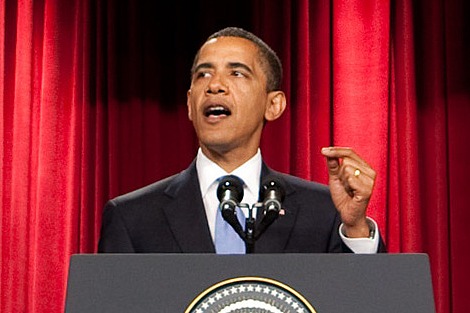
INTERNATIONAL
Alluding to his own military style intervention in Kosovo, Bill Clinton warned Obama not to look like a 'wuss' on Syria. Still, Obama's decision to start providing arms to Syrian rebels is an enormous risk. Australia's history of state interventions to tackle Indigenous disadvantage provide surprisingly apt criteria for evaluating the decision.
READ MORE 
-

AUSTRALIA
- Patrick McCabe
- 11 January 2013
2 Comments
Imagine Attorney-General Nicola Roxon appoints Palmer as the newest High Court judge. Justice Palmer sets about rewriting the law in radical ways, freeing mining companies from regulation and approving disbanding the Australian Greens. Surely such an appointment could be challenged? Actually, no. Monday 21 May
READ MORE 
-

MARGARET DOOLEY AWARD
- Evan Ellis
- 10 January 2013
4 Comments
St Benedict of Nursia knew about living in a dying world. He was born 25 years after the Vandals sacked Rome and died months after the Ostrogoths had their turn. He watched as old certainties went up in flame. As existing institutions were hollowed out or winnowed completely, Benedict started a revolution. Wednesday 12 September
READ MORE 
-

AUSTRALIA
- Evan Ellis
- 18 December 2012
10 Comments
Following the latest school massacre US President Obama cited Psalm 147, invoking God to 'heal the broken-hearted and bind up their wounds', and renewed a call for 'meaningful action'. He'll be judged not on his words, but on how he defines and delivers said 'action'. He'd do well to first revisit Psalm 147 in its entirety.
READ MORE 